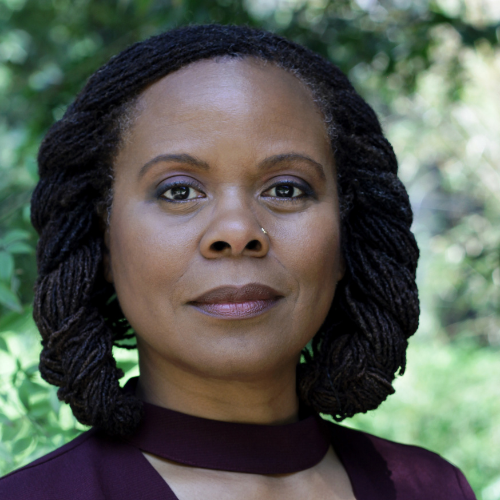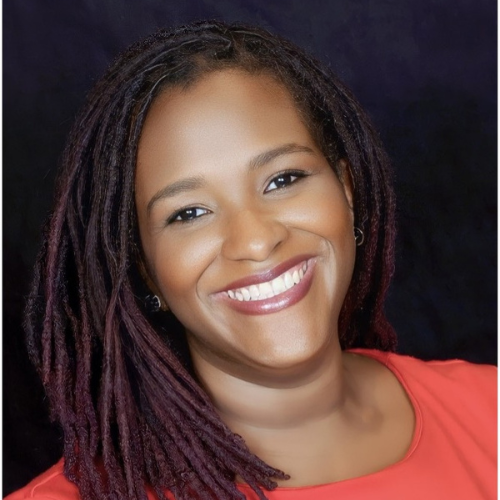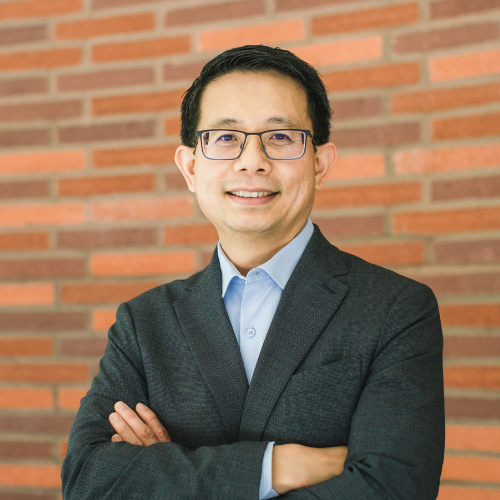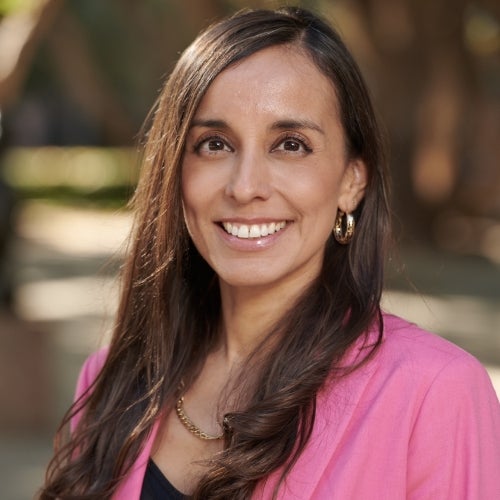Studying Racism’s Effects
Doctoral student Rebekah Israel Cross uses her FSPH training to amplify the voices of marginalized communities through research on race, power and health.
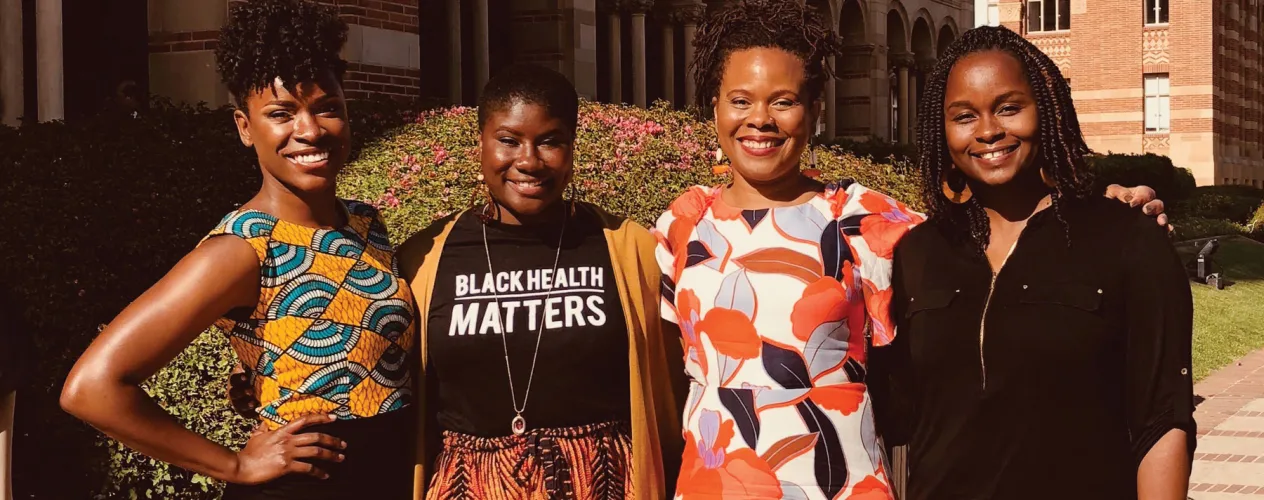
WHILE WORKING AT THE BLACK AIDS INSTITUTE in Downtown Los Angeles, Rebekah Israel Cross heard from people who expressed a lack of interest in pre-exposure prophylaxis (PrEP) for HIV prevention despite being at greater risk of contracting HIV. Their reasoning, Cross explains, is PrEP would do nothing to address violence in their community and day-to-day lives or to eliminate systemic sources of oppression that hinder health and well-being.
For Cross, the experience showed that simply creating biomedical interventions or ensuring that people have access to care isn’t always enough to improve health — not while racism continues to exist and perpetuate inequality. “The problem is bigger than just health care access or educating people,” says Cross, a third-year doctoral student in the Fielding School’s Department of Community Health Sciences. “I knew then that I needed to study something more macro, like public health.”
Today, Cross is using her FSPH training to examine the many ways racism can have an impact on health. By mapping major urban areas nationwide as part of her coursework in the Robert Wood Johnson Foundation’s Health Policy Research Scholars program, she is exploring how housing and community development policies and practices shape the health of racial and ethnic minorities, especially through segregation, housing discrimination and gentrification. “It’s a great opportunity to study racism and health through the lens of restrictive land-use policies that contribute to a lack of adequate opportunities for well-being in historically marginalized communities and among people of color,” Cross explains.
At the Fielding School, I have been able to study structural racism as an actual variable in health disparities research.
Cross also works as a graduate student researcher in the FSPH-based Center for the Study of Racism, Social Justice & Health. Under the mentorship of Dr. Chandra Ford, center director and FSPH associate professor, Cross is using her training to help to educate her colleagues and peers in public health on avoiding introducing biases into their research, programs and service delivery. In her own research, Cross applies critical race theory — which has been defined as a framework rooted in social justice that seeks to understand and change the relationship between race, racism and power — to better capture sources of inequality that harm health. In this way, Cross’ FSPH training has come full circle, empowering her to measure racism at its roots — from state-level policies affecting the availability of affordable housing to more local considerations, such as which neighborhoods in an urban area offer access to parks and green spaces, or which schools offer advanced classes and programs. Cross is also helping to train fellow public health researchers to not simply document inequality, but to help transform it by finding ways to use their research to change the relationship between racism and health and improve the health of marginalized people.
“People often think about racism as interpersonal,” Cross says. “At the Fielding School, I have been able to study structural racism as an actual variable in health disparities research. If we treat racism — instead of race — as a factor influencing health and study it systematically, we can find better ways to measure it in order to address its broad health effects.”
